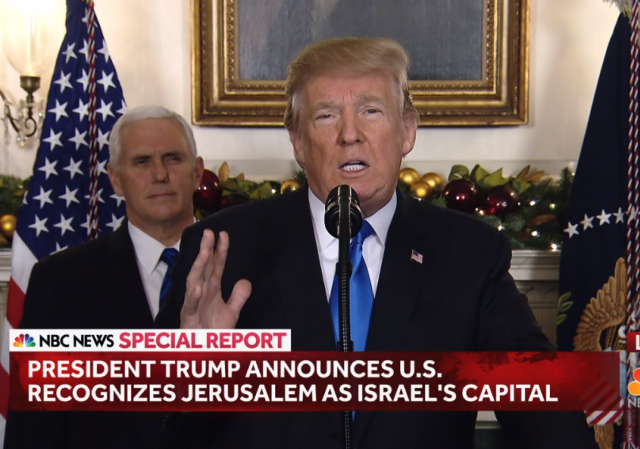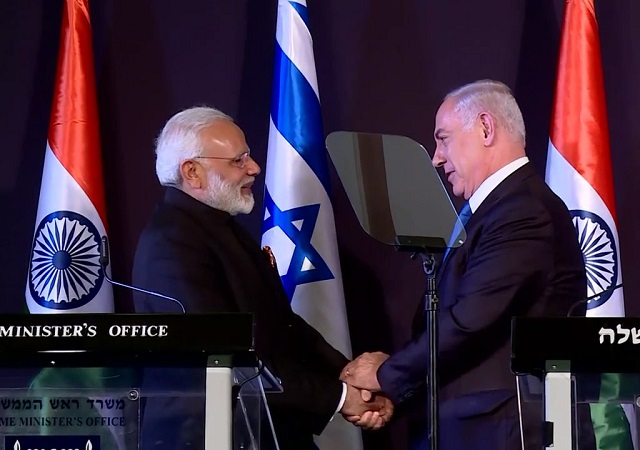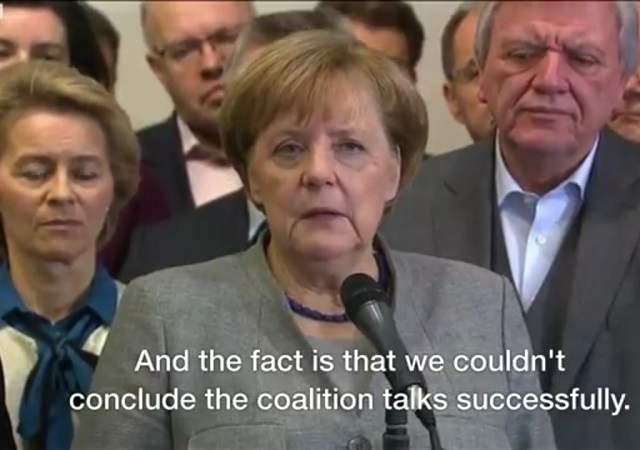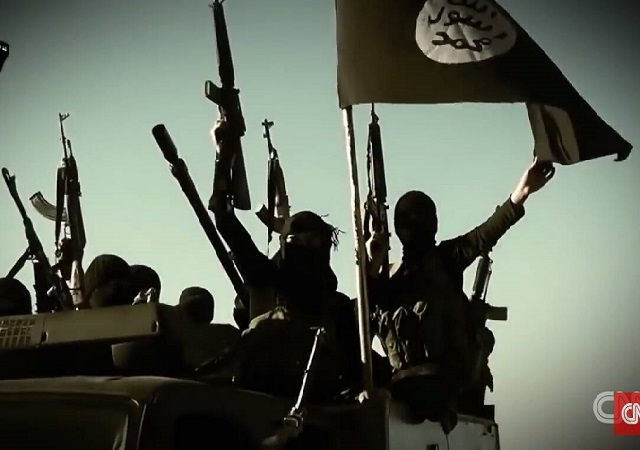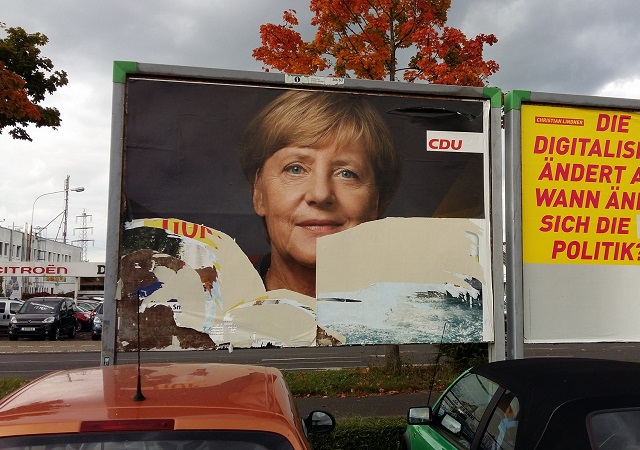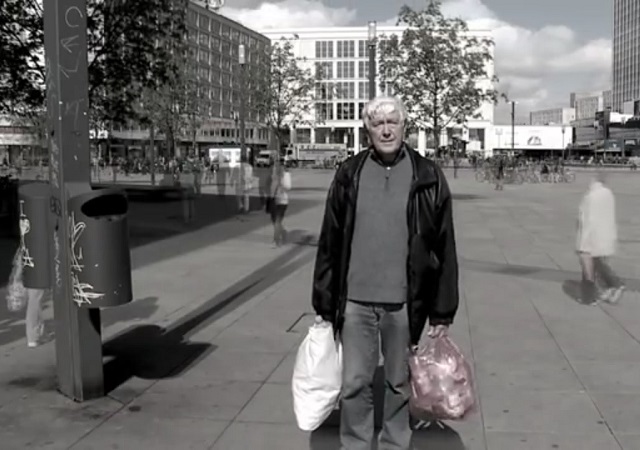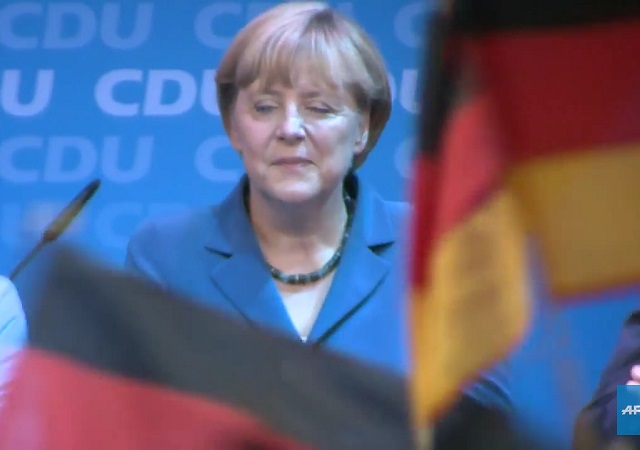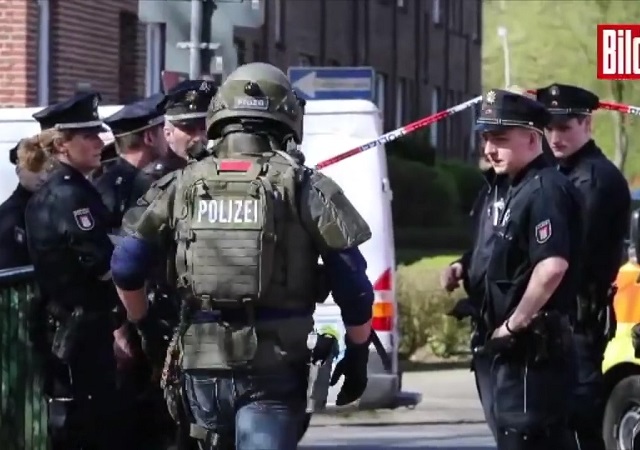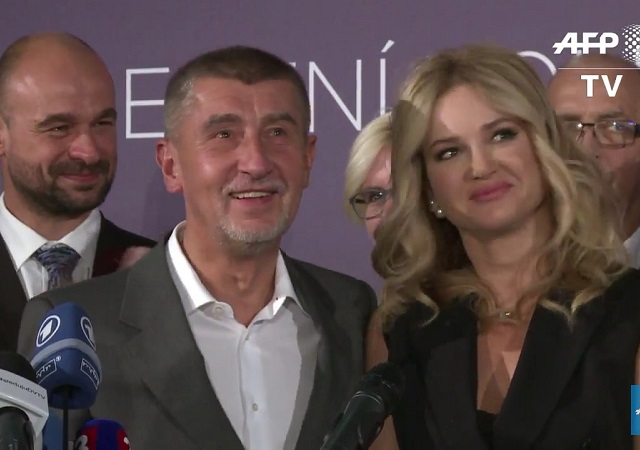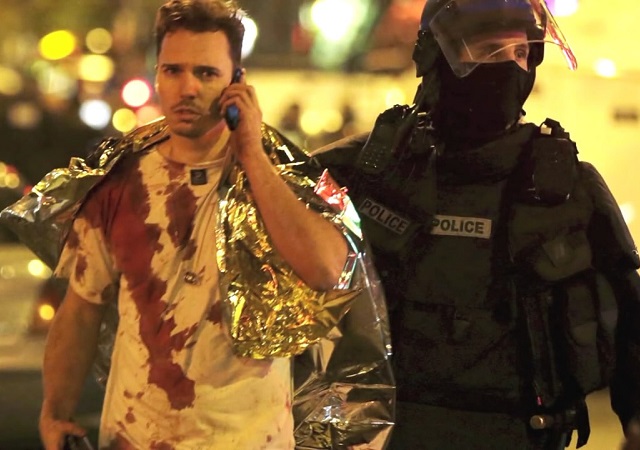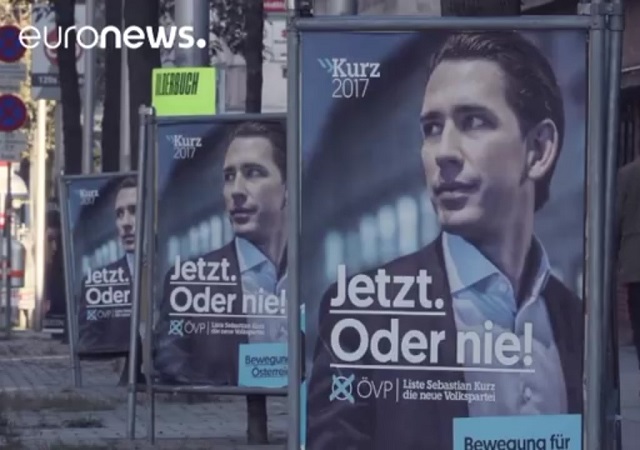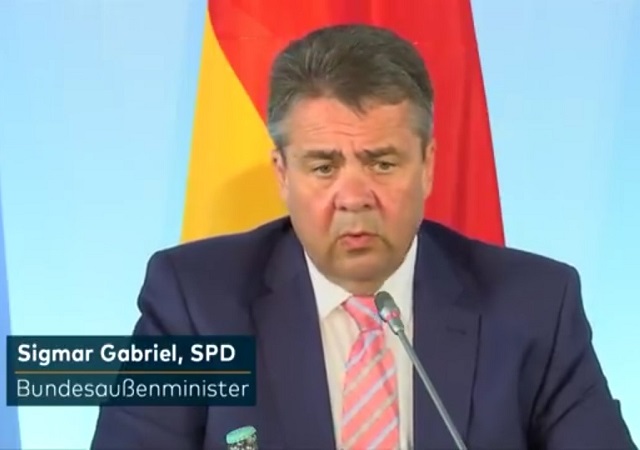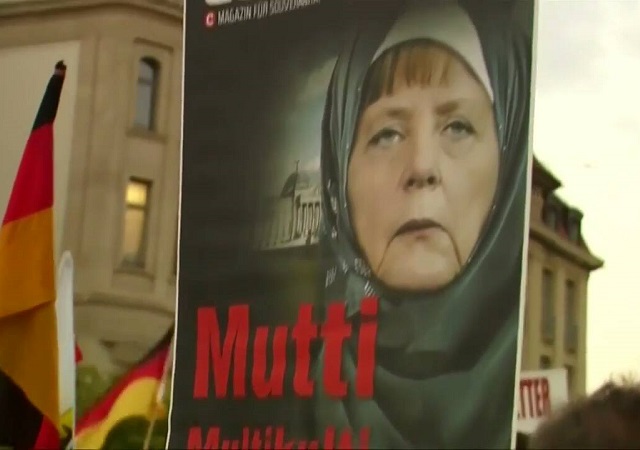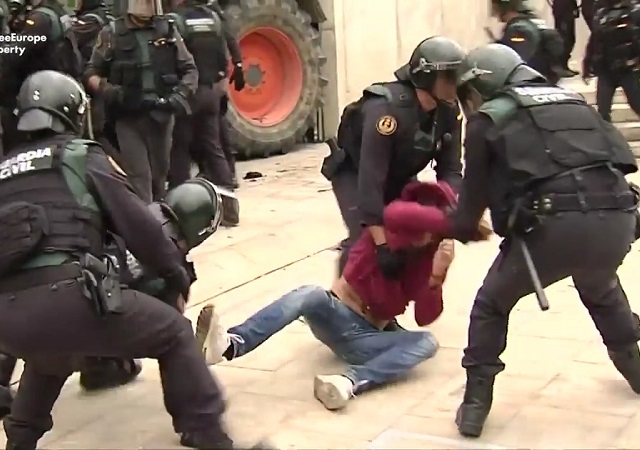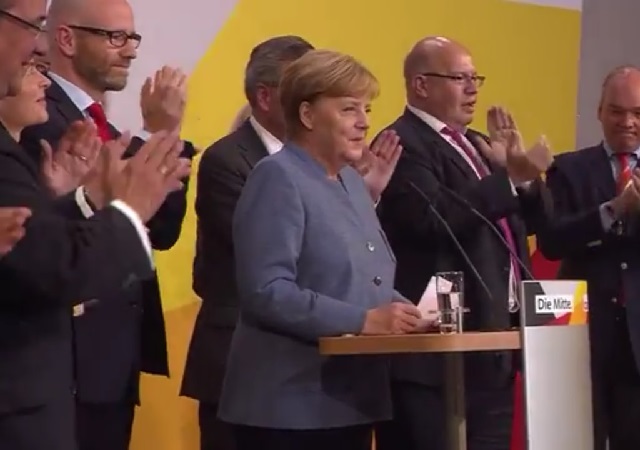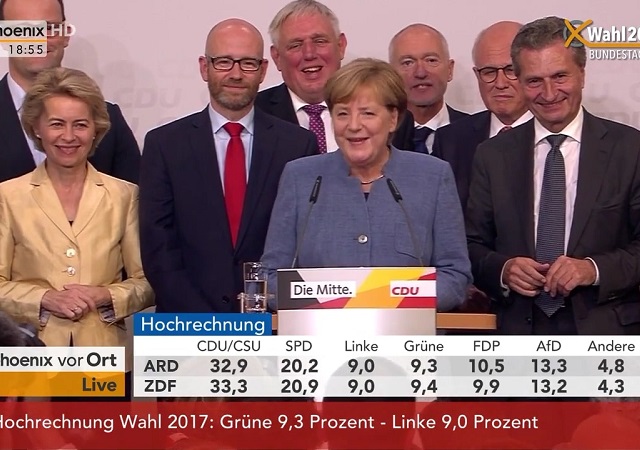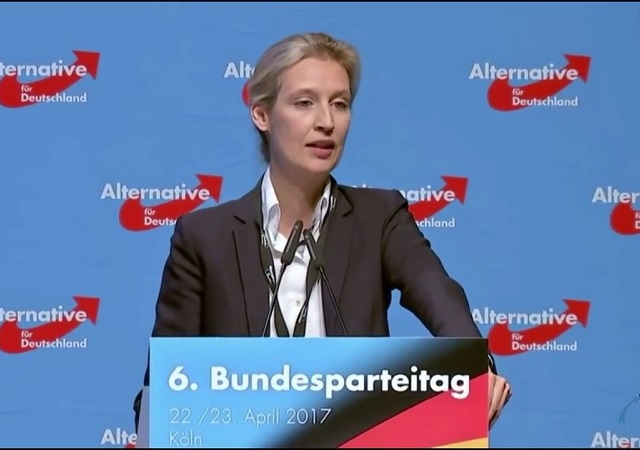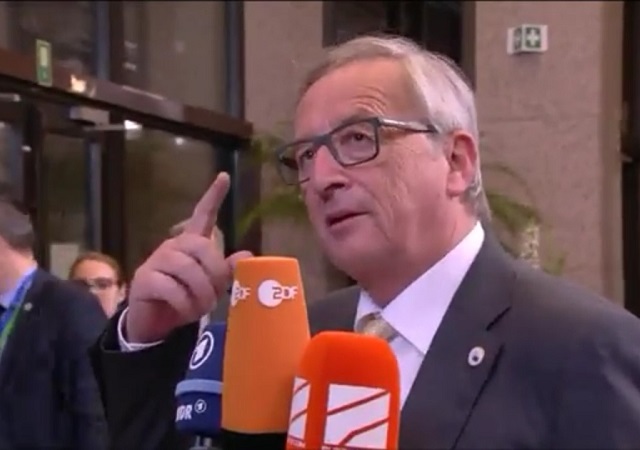Not just former US President Obama, Chancellor Merkel of Germany, too, regards the nuclear deal with Iran as her greatest diplomatic accomplishment. The prominent German newspaper
Süddeutsche Zeitung summed up the central role played by the Merkel government, writing, "Among all the parties working to bring about a negotiated deal, Germans enjoyed [Iranian regime's] special trust."
Corporate Germany loved the deal too. The Bavaria Chamber of Commerce, the leading trade body in the country,
told its clients ahead of the deal that the "German media landscape across the board agrees that lucrative deals worth billions are waiting to be made in Iran. As soon as the sanction are lifted, the run on the markets begins."

